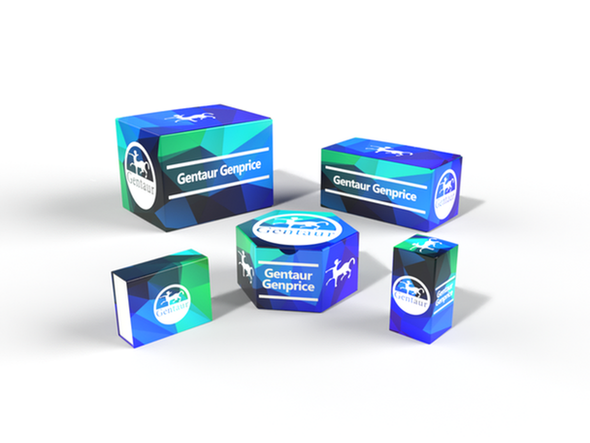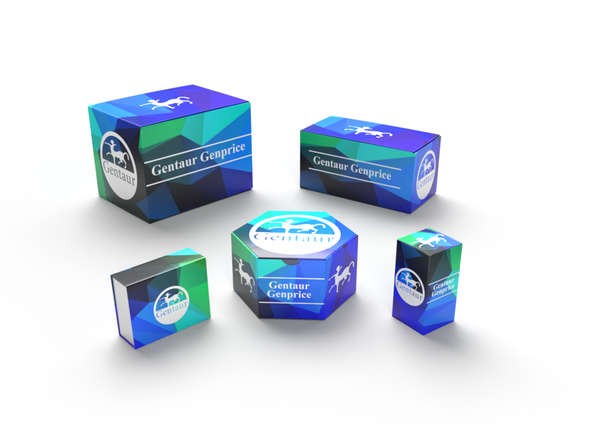Description
ROR2 Antibody | 19-761 | Gentaur UK, US & Europe Distribution
Host: Rabbit
Reactivity: Human, Mouse, Rat
Homology: N/A
Immunogen: A synthetic peptide corresponding to a sequence within amino acids 100-200 of human ROR2 (NP_004551.2) .
Research Area: Cell Cycle, Signal Transduction, Stem Cell
Tested Application: WB, IHC
Application: WB: 1:500 - 1:2000
IHC: 1:100 - 1:200
Specificiy: N/A
Positive Control 1: U-87MG
Positive Control 2: N/A
Positive Control 3: N/A
Positive Control 4: N/A
Positive Control 5: N/A
Positive Control 6: N/A
Molecular Weight: Observed: 135kDa
Validation: N/A
Isoform: N/A
Purification: Affinity purification
Clonality: Polyclonal
Clone: N/A
Isotype: IgG
Conjugate: Unconjugated
Physical State: Liquid
Buffer: PBS with 0.02% sodium azide, 50% glycerol, pH7.3.
Concentration: N/A
Storage Condition: Store at -20˚C. Avoid freeze / thaw cycles.
Alternate Name: Tyrosine-protein kinase transmembrane receptor ROR2, Neurotrophic tyrosine kinase, receptor-related 2, ROR2, NTRKR2
User Note: Optimal dilutions for each application to be determined by the researcher.
BACKGROUND: The protein encoded by this gene is a receptor protein tyrosine kinase and type I transmembrane protein that belongs to the ROR subfamily of cell surface receptors. The protein may be involved in the early formation of the chondrocytes and may be required for cartilage and growth plate development. Mutations in this gene can cause brachydactyly type B, a skeletal disorder characterized by hypoplasia/aplasia of distal phalanges and nails. In addition, mutations in this gene can cause the autosomal recessive form of Robinow syndrome, which is characterized by skeletal dysplasia with generalized limb bone shortening, segmental defects of the spine, brachydactyly, and a dysmorphic facial appearance.






